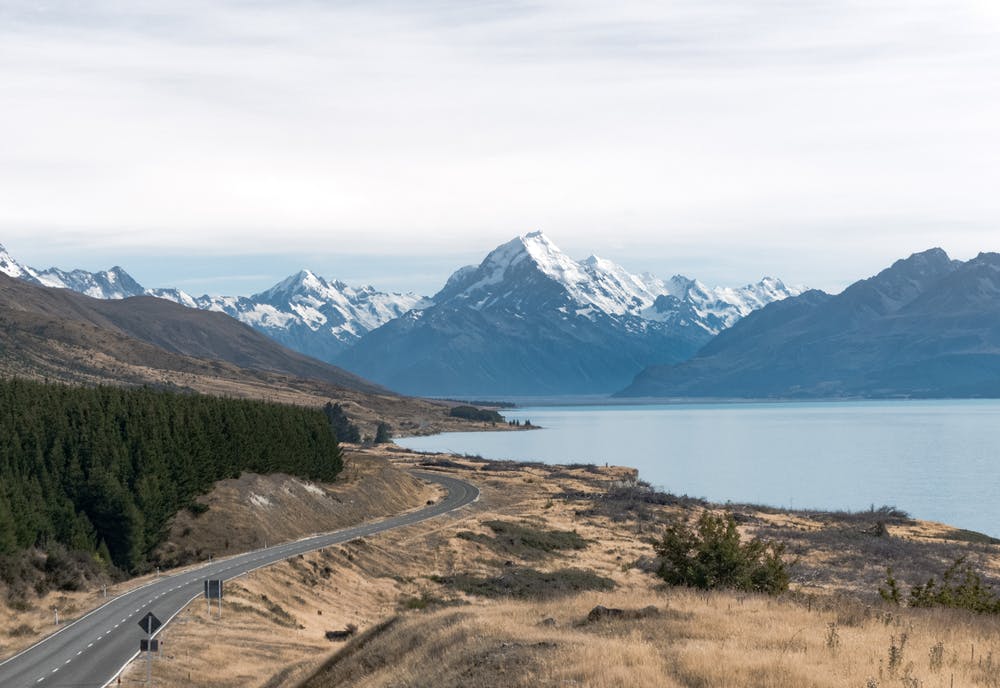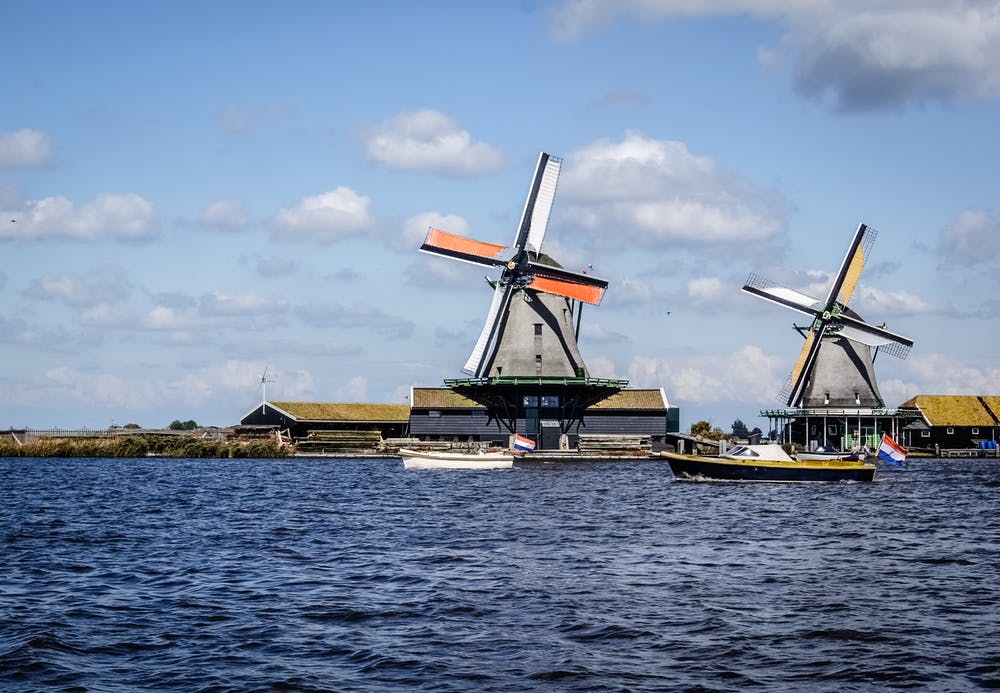Every so often, it’s good for the soul to get away from the grindstone for a few days (or weeks) and see what another part of the world has to offer. There’s no shortage of attractive tourist destinations around the world, offering historical buildings, beautiful landscapes, and modern technological wonders.
But in recent years, the tourist industry has shifted to meet another demand; we’re all looking to reduce our carbon-footprint, and several destinations stand out as being especially laudable in their eco-friendly efforts. Let’s take a look at a few of them!
New Zealand

This little island nation is packed with natural beauty, and it’s on course to be entirely free from fossil-fuel reliance by 2025. It’ll meet this goal by transitioning to geothermal energy, which is abundant throughout the two islands. In this part of the world, you’ll find natural wonders that simply can’t be obtained anywhere else, including distinctive beaches, mountains, forests, and underground caving expeditions. The only downside is that you’ll have to fly to the other side of the planet in order to reach it; if you want to be truly carbon-efficient, you can either wait until the electric plane is invented, or you can go on a single long break and pack in as much stuff as possible.
Iceland

Closer by we find Iceland, which is similarly reliant on geothermal power. The island’s capital, Reykjavik, is among the cleanest cities anywhere on the planet. In fact, this part of the world produces the most green energy per capita anywhere. Among the wonders on display here are the famous northern lights, but there’s also an abundance of hot-springs and other marvels to uncover via Iceland tours.
Netherlands

When it comes to environmental policies, the Netherlands is something of a trailblazer on the European mainland. For more than two decades, the country’s National Environmental Policy Plan has been in place, driving it toward cleaner air, cleaner rivers, and cleaner everything. Take a trip here, and one of the most obvious differences you’ll spot is the extent to which the locals travel by bicycle. There are almost ten thousand kilometres of cycle paths strewn around the country, which are used daily and often in all weathers!
Finland

Finland is famously dedicated to preserving its natural biodiversity and habitats. There are forty national parks crammed into a relatively small landmass, spread among which are more than a thousand different species of flowering plant, and more than 200,000 individual reindeer. The country has topped in the Environmental Performance Index in recent years, making it among the foremost contenders for greenest country in the world.
Free Photos: https://www.pexels.com/



